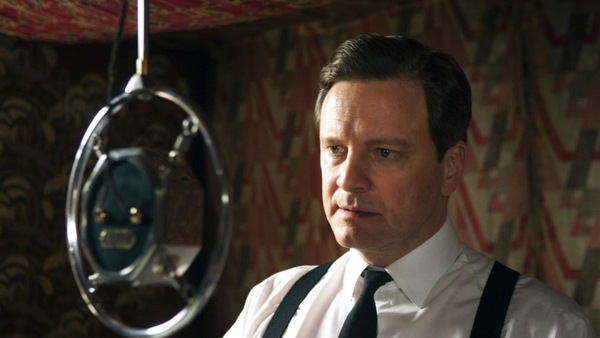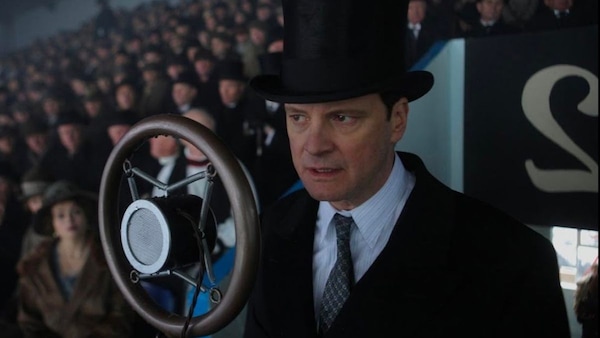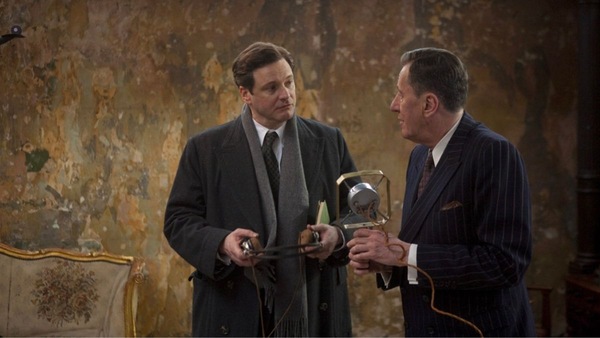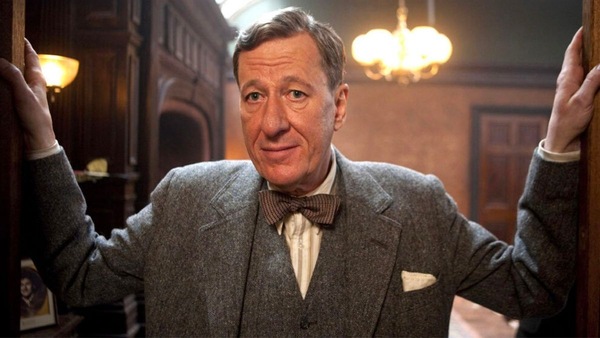The King’s Speech turns 11: Exploring Tom Hooper’s sympathetic treatment of the British royals
A gripping royal drama, The King’s Speech won Colin Firth his only Oscar for his portrayal of the stuttering ‘Bertie, aka King George VI.

Last Updated: 05.50 PM, Nov 26, 2021
The King’s Speech, Tom Hooper’s 2010 period drama placed King George VI (Colin Firth) front and centre of a personal crisis. Always one to grapple with speaking disabilities, Albert (or Bertie, as he was referred to by loved ones) was in a mire when his elder brother Edward VIII (the Duke of York and the UK’s then-monarch) abdicated the throne to follow his heart and marry his divorced paramour. This thrust the younger brother under the unwilling spotlight and at the epicentre of all the attention. As a result, his speech defects also became underlined and was mocked and pitied in equal measure.
At a time when the British royalty was embracing new technologies of staying relevant to the masses, the head of the monarchy could no longer remain a decorative figure atop bejewelled horses or golden chariots. The head of state would now have to show involvement by actually interacting with his/her subjects, striking a personal bond, to look like they cared. The film follows Bertie from 1925 through to 1939. That was the year King George VI (the title he took up) was compelled to give a globally broadcast radio speech that officially declared the UK’s entry into the Second World War.
In the opening scene of the film, Bertie is in dire agony over his brief speech at the Empire Exhibition in Wembley. The snazzy new radio techniques and wireless paraphernalia promptly push him into a foggy headspace. His thoughts become laced with insecurities about personal failure and public spectacle, which were triggered by his stage fright. Firth’s tall frame is ever-so-slightly hunched with pressure, flanked by Helena Bonham Carter, who plays Elizabeth, Bertie’s staunchly supportive wife. Firth’s impression of reticence and a hard stoic exterior are a dead giveaway to Bertie’s anxieties of being completely ill-equipped to lead a country. By placing him in a trying situation right at the beginning of the narrative, Hooper’s intentions of solely focusing on the then-King’s disability are clear. His speech, which now gains gargantuan proportions, almost foreshadows Bertie’s childhood abuse and trauma.

It is at the heart of such a crisis that former actor Lionel Logue (an inimitable Geoffrey Rush) enters the King’s life, what with his straight-faced humour and inability to recognise Bertie’s “superiority by blood.” Lionel, with the help of speech defect methodologies, tries to address a deeper problem with Bertie. After vehement pushbacks from Elizabeth (and Bertie himself) about not revealing royal family details to ‘commoners’, Lionel is finally able to crack the royal couple’s impregnable protective shell. And after the trust builds, Lionel helps Bertie understand and develop his true persona – one that embraces all personal flaws and wants to be happy despite it all. Lionel is a patient listener, calmly sitting through Bertie’s stutters, and never making him conscious of the fact. He is sympathetic but at the same time shrewd with the King. Most importantly, Lionel is always accepting of Bertie’s initial projections, rudeness and standoffish nature.

The King’s Speech delves into the psychological complexity of a royal who was unexpectedly thrust into the limelight when he was clearly unprepared for it. The film’s empathetic lens brings out Albert’s acute hesitance in taking up royal responsibilities, a fact that almost made him hate his speech disability with a vengeance. Neither a doctor nor a speech therapist, Lionel’s background of work with World War I soldiers, is the exact fit for Bertie, who was suffering the traumatic consequences of a similar battle, only internal.
The two men’s friendship lies at the crux of the film. The whimsical Australian takes up the role of a much-needed friend, a harsh but supportive paternal figure, an enthusiastic brother, but most importantly, a great therapist.

Though the film has often been discredited for historic inaccuracies, Hooper’s universe is not only believable but minutely incisive. Hooper chooses to take on a personal tone in his treatment with the royals, not delving too deep into the political upheavals Britain faces pre-World War II. Firth’s skilful handling of the King is both subtle and effective.
As a man who “so eloquently struggled to achieve his destiny” in the film, Albert was the character who won Firth his only Oscar. The film would remain an indispensable part of every member associated with it, just like Firth jokingly mentioned in his winning speech, “I feel like my career just peaked.”

